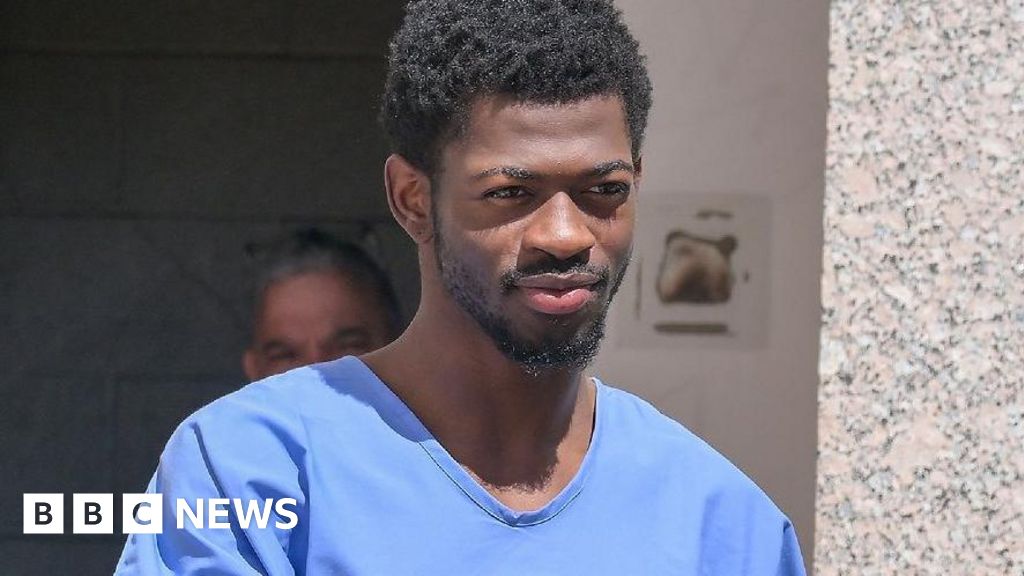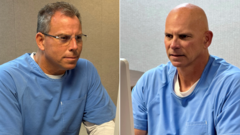In recent years, Dublin has seen a striking increase in crack cocaine addiction, with treatment requests soaring by an alarming 594%, according to statistics from the Health Research Board (HRB). The number of individuals seeking help for crack cocaine use rose from 173 cases in 2017 to 1,201 in 2023. This trend has drawn serious concern from community leaders, highlighting the urgent need for effective interventions.
Daithi Doolan, representative of the South Inner City Drug and Alcohol Partnership, emphasized the gravity of the situation, stating, "It's actually a crisis." The impact of addiction is pervasive; many families are affected, and drug-related intimidation is rampant in neighborhoods. The shift towards crack use is seen as partially driven by a shortage of heroin, linked to geopolitical developments affecting opium production.
Amid these troubling statistics, females represent a significant portion of those seeking assistance, with female cases rising from 284 in 2017 to 1,387 in 2023. Addiction counselor Cheryl Kelly advocates for dedicated female support services, addressing unique challenges faced by women, including societal stigma and safety concerns among vulnerable populations.
Alan Kinsella, a caseworker at the Coolmine Therapeutic Community in Dublin, noted the inclusivity of cocaine addiction across social strata. "There's no social border that defines cocaine addiction," he asserted, reflecting the urgency of creating comprehensive support systems for all affected individuals.
As Dublin grapples with this growing crisis, the need for community-based solutions and targeted resources has never been more critical. Local authorities and organizations are urged to collaborate on strategies that offer tailored support and prevent the escalation of addiction, particularly among vulnerable demographics.
Daithi Doolan, representative of the South Inner City Drug and Alcohol Partnership, emphasized the gravity of the situation, stating, "It's actually a crisis." The impact of addiction is pervasive; many families are affected, and drug-related intimidation is rampant in neighborhoods. The shift towards crack use is seen as partially driven by a shortage of heroin, linked to geopolitical developments affecting opium production.
Amid these troubling statistics, females represent a significant portion of those seeking assistance, with female cases rising from 284 in 2017 to 1,387 in 2023. Addiction counselor Cheryl Kelly advocates for dedicated female support services, addressing unique challenges faced by women, including societal stigma and safety concerns among vulnerable populations.
Alan Kinsella, a caseworker at the Coolmine Therapeutic Community in Dublin, noted the inclusivity of cocaine addiction across social strata. "There's no social border that defines cocaine addiction," he asserted, reflecting the urgency of creating comprehensive support systems for all affected individuals.
As Dublin grapples with this growing crisis, the need for community-based solutions and targeted resources has never been more critical. Local authorities and organizations are urged to collaborate on strategies that offer tailored support and prevent the escalation of addiction, particularly among vulnerable demographics.



















